When he was six years old, Mathew Leland was woken up by police officers scooping him out of his bed to be taken to his first foster home. “I tell people that when children are taken into foster care, it feels like a state-sanctioned kidnapping to the child. You’re being taken away by people you don’t know, all while you watch your parents begging them not to.”
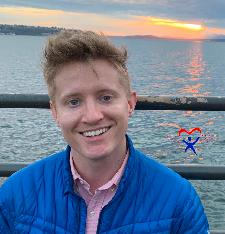
Mathew and his three siblings would be reunified with their parents, but never for long; Mathew was ultimately taken away four distinct times by social services, sometimes separated from his brother and sisters. “The first foster home you go to is rarely the one you’ll stay in,” he said. “Then they move you to a longer-term placement. Every time you see your social worker, you hope they are coming to take you back home. But if you do leave with them, it is just to take you to a new foster placement.”
Mathew saw college as the first way he could take agency in his own life. “One of my social workers used to cite a statistic that only 1% of foster kids attend college, and only 1% of those who do go ever finish.” By the end of high school, Mathew had two full-ride offers, and graduated with a degree in Neurobiology. Mathew has since taught himself how to code and now works as a software engineer.
Mathew has lived in Davis for five years while his wife earned her veterinary degree from UC Davis. A little over a year ago, he was playing volleyball with a friend who told him about Yolo County CASA. “When my friend explained what she did as a CASA volunteer, I instantly realized it was something I wanted to do. I urgently knew how valuable that kind of role could be,” he said.
Mathew’s first CASA assignment had a rough start. When Mathew would arrive for visits as a CASA, his foster youth would often refuse to come out. “I immediately recognized how he felt, because when I was in foster care, the more unhappy I thought I could seem, the higher the chances were that I thought I could be reunited with my family.”
For his most recent assignment, Mathew was placed with a child who was already in the reunification process with is family. “I knew I would be moving within a year so we purposefully picked an assignment that would be shorter. Mathew’s CASA youth is one of five children, taken care of only by their biological father. “When I saw the situation, I knew being a single dad to five kids had to be overwhelming, so I would always offer to bring one of my youth’s siblings along on our visits as well.”
Mathew also tried to look for things he could do to make permanent positive changes. “I saw in the records that there was a history of extensive dental work needed for several of the kids, so I bought each of them an electric toothbrush to try to make brushing their teeth more fun,” he said. Each week, if they remembered to brush their teeth at least five times, they’d get a gift from Mathew, such as Pokemon cards or in-app purchases for the games on their phones. “They would kind of hold each other accountable, too, and I was surprised that they’d be honest and tell me they only brushed three times. On those weeks, they’d excitedly promise they’d brush eight days the next week.” Mathew explained that he tried to create good habits that would be easier for the dad to reinforce instead of having to do everything from scratch.
While he one day plans to have biological children of his own, Mathew and his wife are also excited about a future of fostering and adopting children, too. “It would mean a lot to me to be able to be a source of safety and love for someone who needs it the most.” When he was asked if he had any kind of a figure like that in his life, he said there was a high school English teacher. “She would listen to me talk about how scared I was about moving between homes,” he said. “One day she asked me to fill in a sheet of paper she decorated in red and green markers, calling it, ‘Mathew’s Christmas List’. I remember I had no problem thinking of ten different things that I was equally excited about,” he said. “She ended up buying me every single thing on the list.”
To anyone considering becoming a CASA volunteer, Mathew says, “some people I went through CASA training with were worried that they might mess something up or not know what to do. The whole reason I signed up was because I vividly remember how lonely and scary it felt. I felt like I was the one being punished for things that my parents had done. I know that this isn’t true now, but back then I felt like nobody was on my side. When you sign up to be a CASA, you get to tell a kid that you are going to be the one who is always on their side. And in the end, that is the only thing you need to do.”

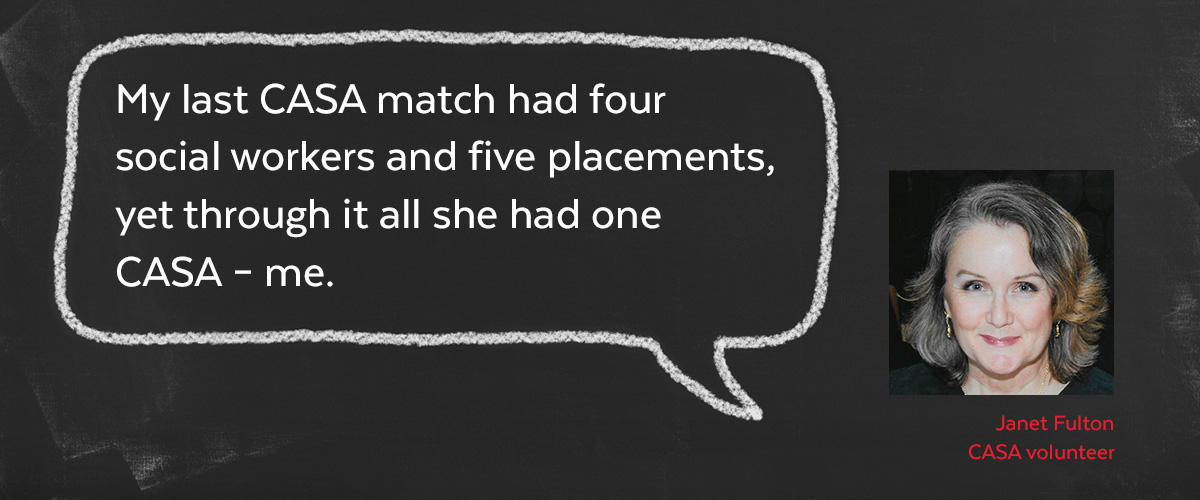
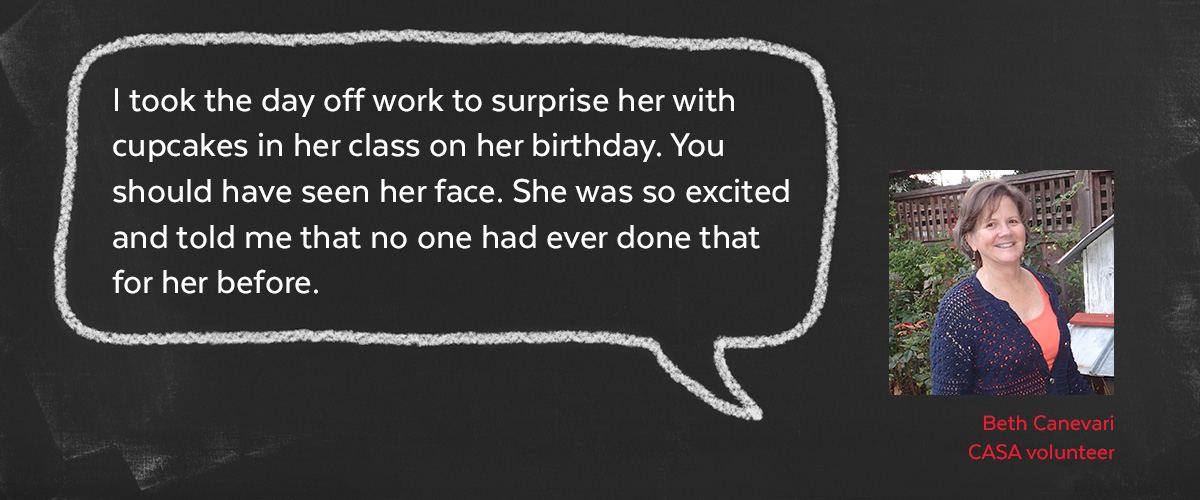
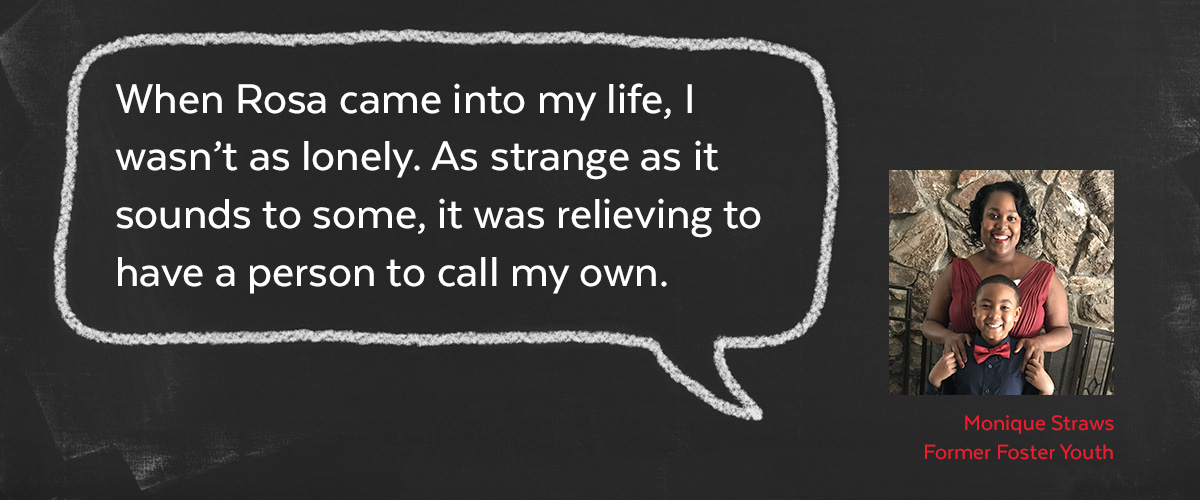
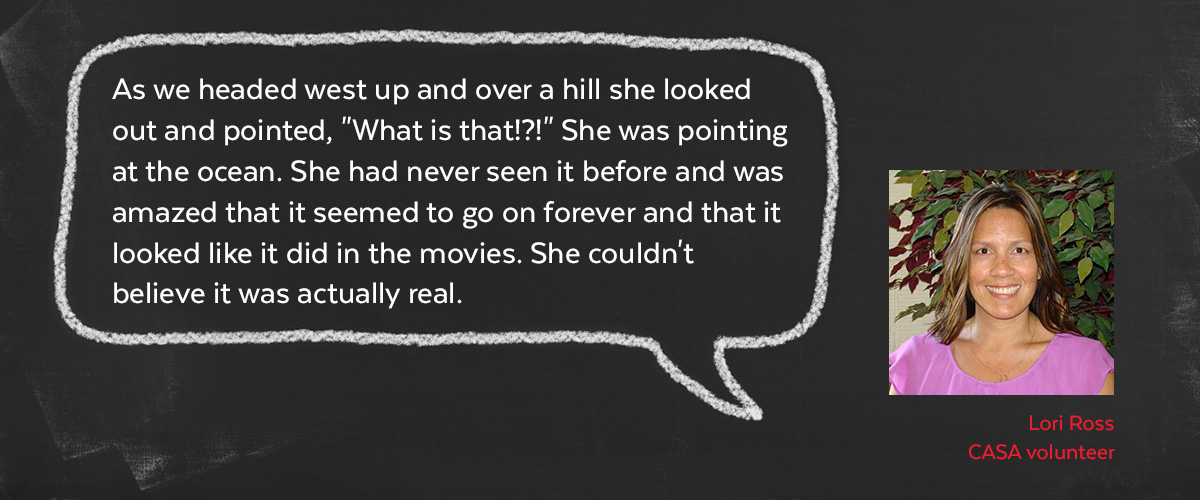
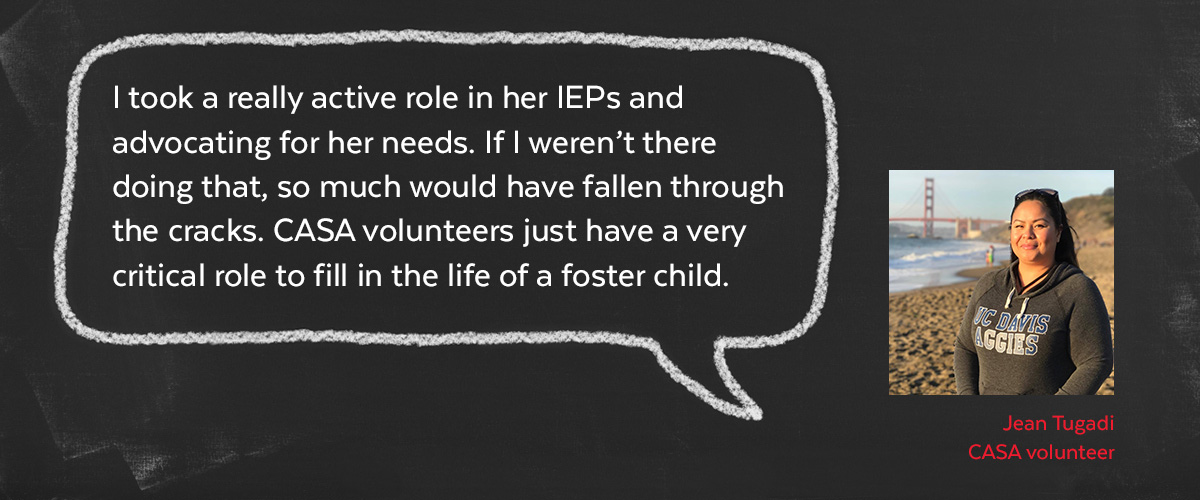
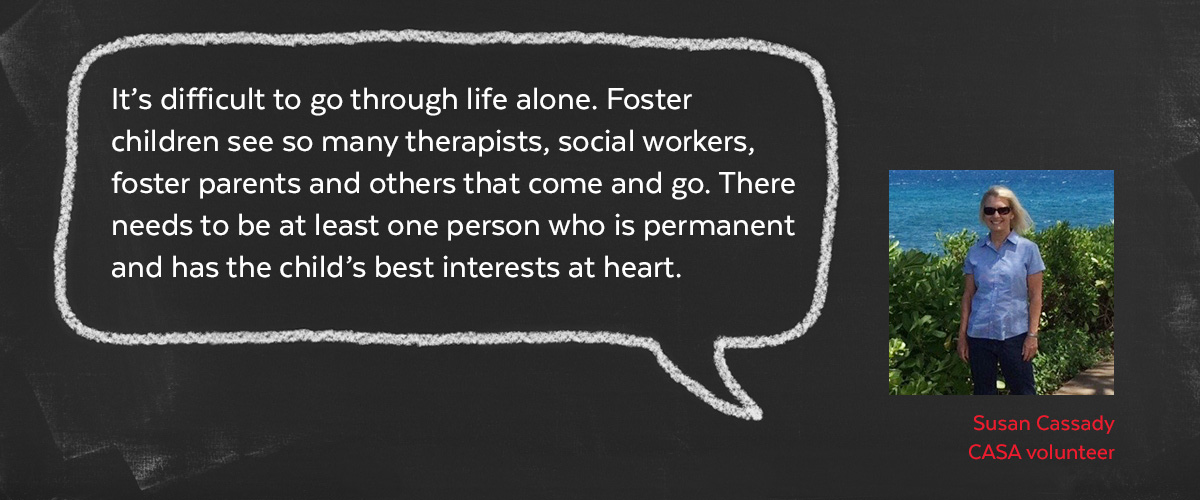
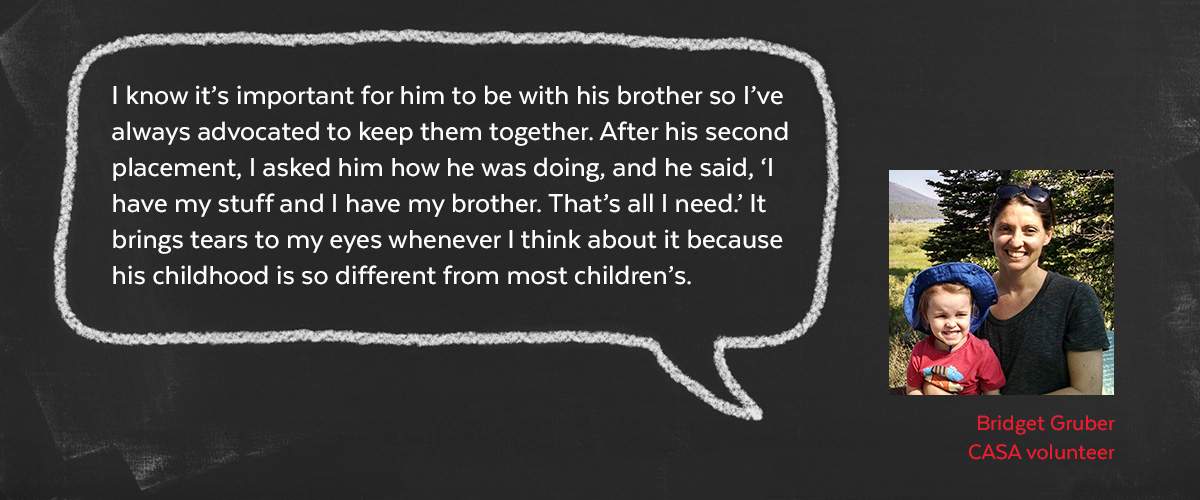
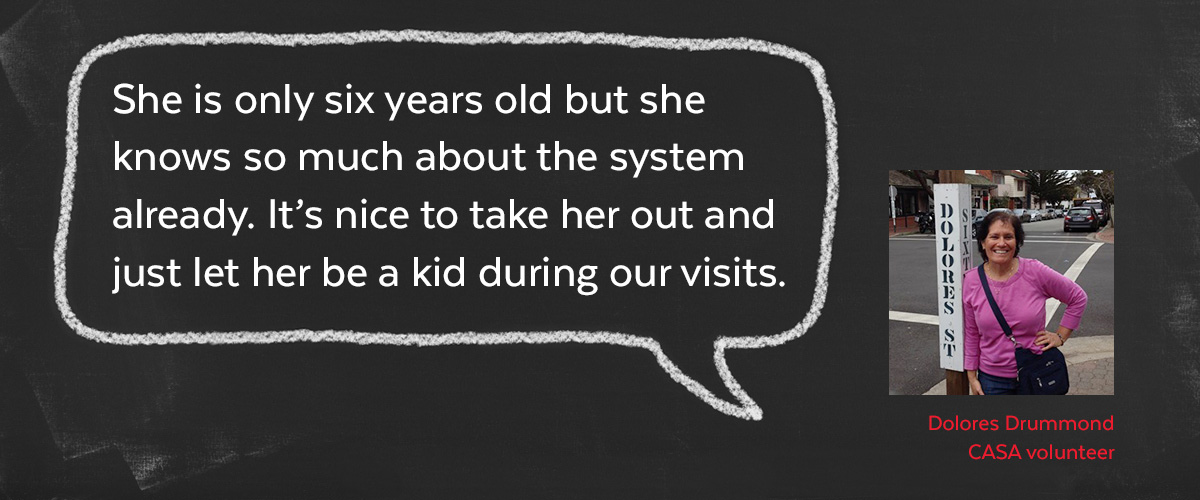
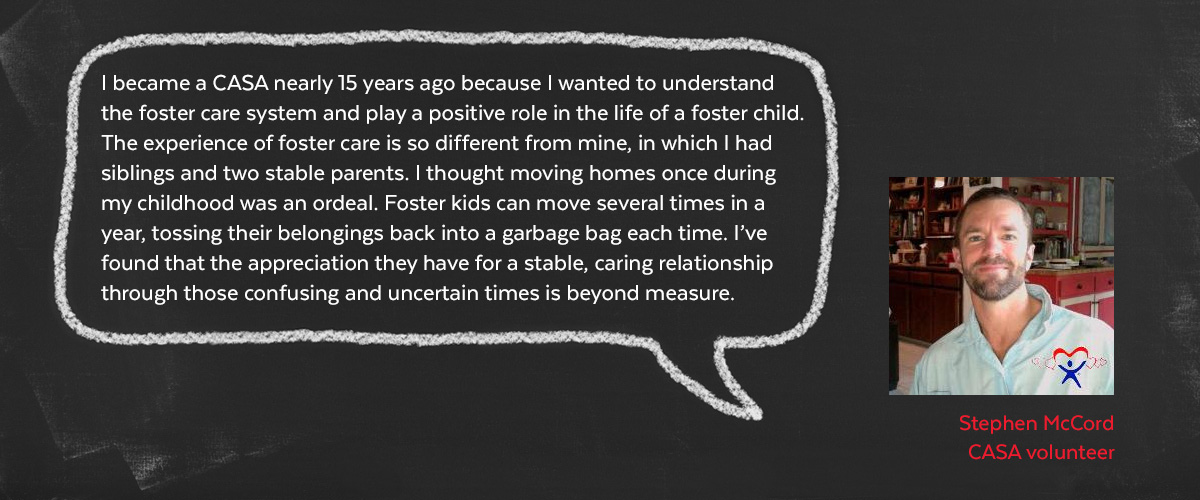
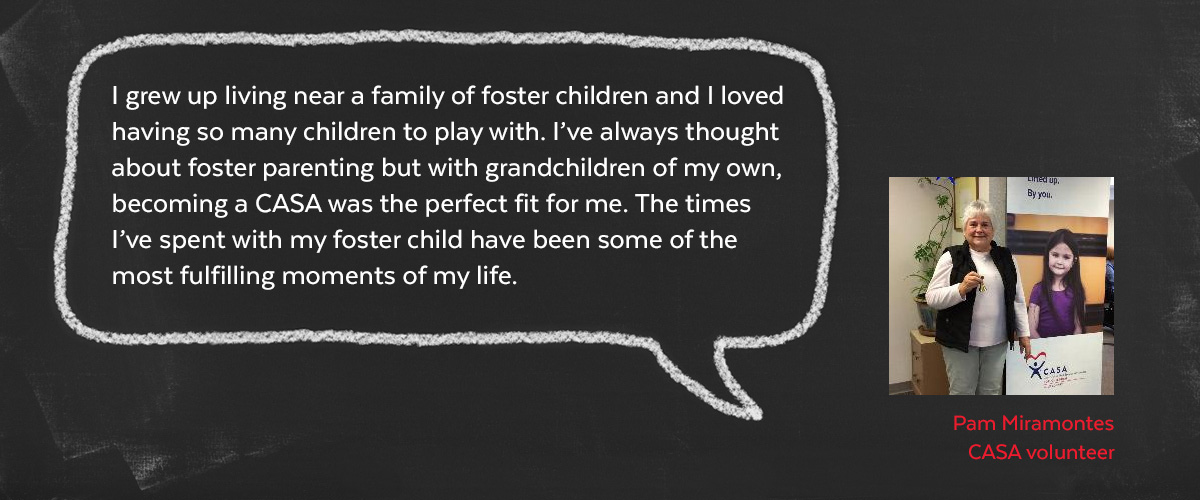
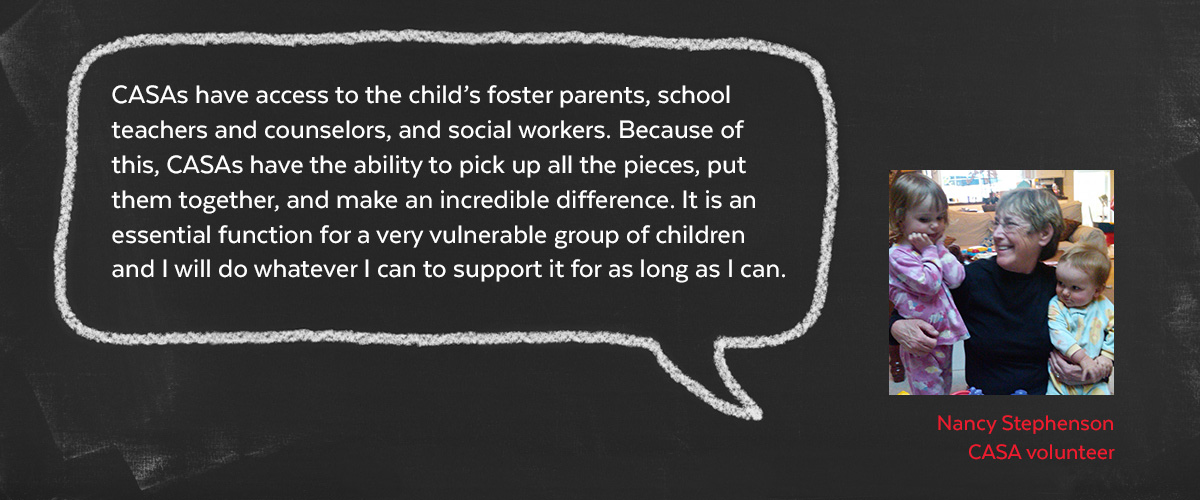
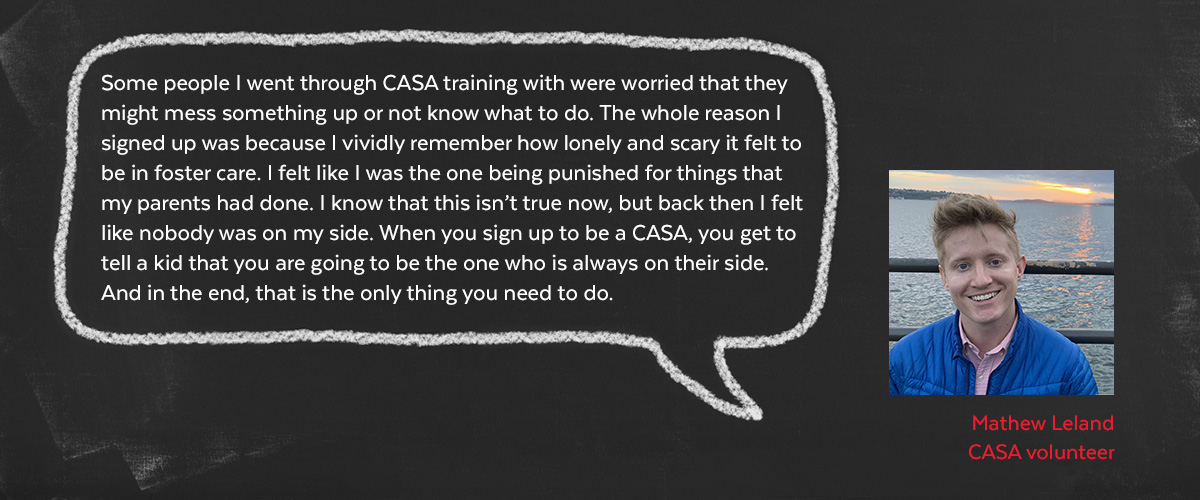
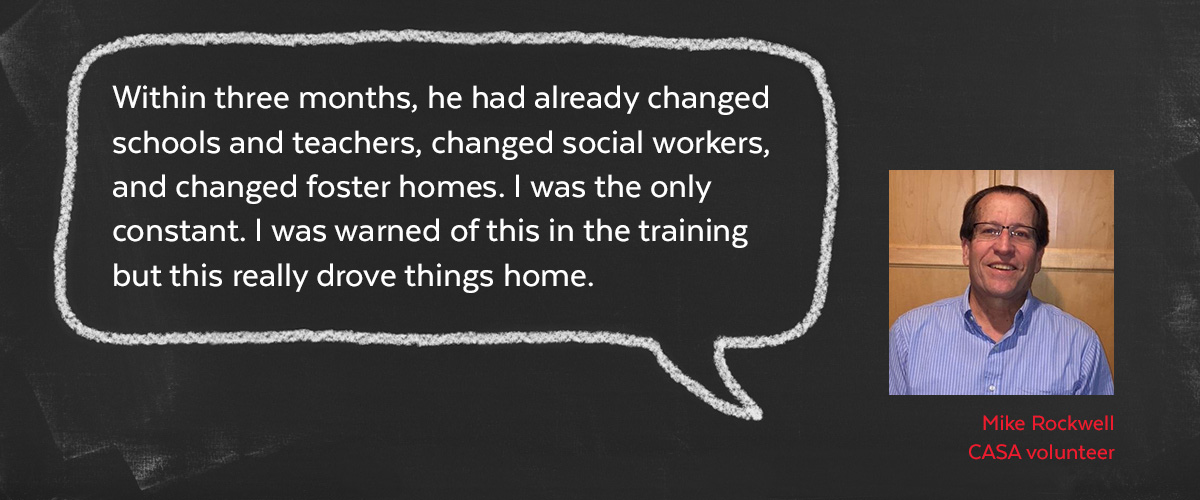
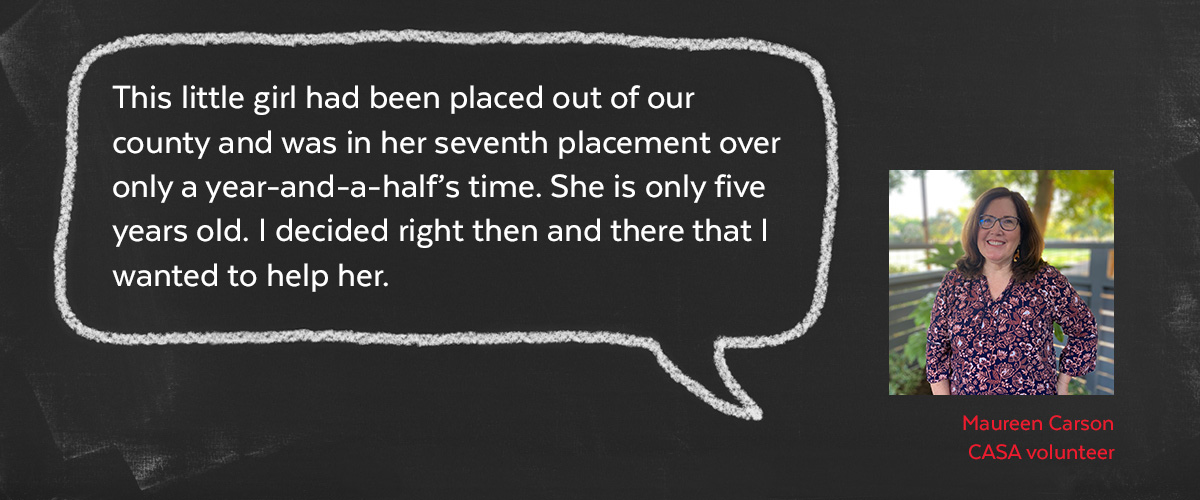
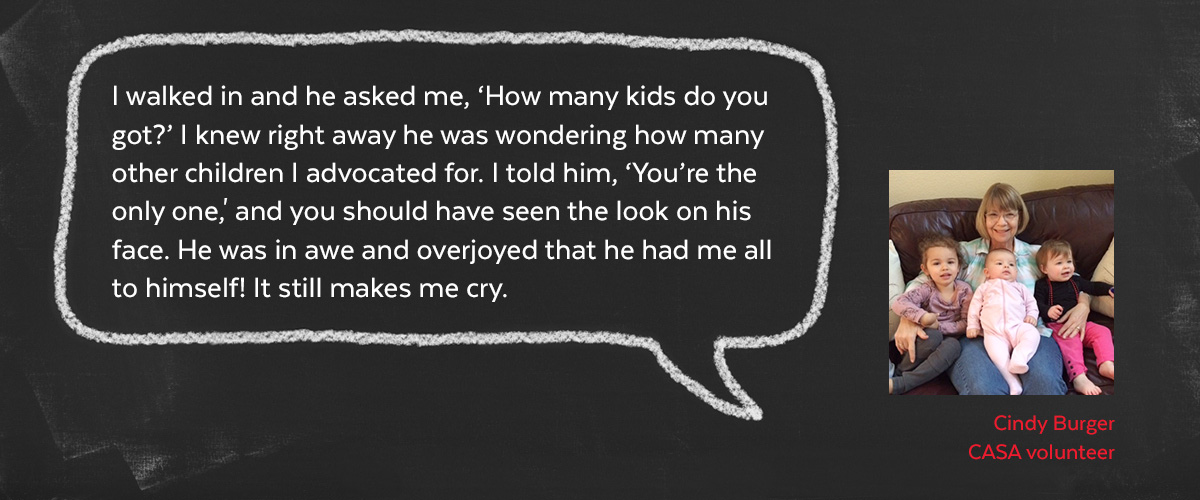



 We were honored to stand with current CASA volunteers, staff, and Assemblymembers to raise awareness about the critical role advocacy plays for children in care. This event introduced the CASA mission to our Assemblymembers and their teams, with the goal of inspiring them to champion our work—and perhaps even become CASA volunteers themselves. In attendance:
We were honored to stand with current CASA volunteers, staff, and Assemblymembers to raise awareness about the critical role advocacy plays for children in care. This event introduced the CASA mission to our Assemblymembers and their teams, with the goal of inspiring them to champion our work—and perhaps even become CASA volunteers themselves. In attendance:  Assemblymember Stephanie Nguyen
Assemblymember Stephanie Nguyen 
 Since Jan 1, 2025, Yolo CASA has already served 86 kids in foster care! Every child deserves someone in their corner—and CASA volunteers are that someone. No experience needed, just a heart to help
Since Jan 1, 2025, Yolo CASA has already served 86 kids in foster care! Every child deserves someone in their corner—and CASA volunteers are that someone. No experience needed, just a heart to help  Ready to make a difference? Email
Ready to make a difference? Email 
 For youth in foster care, staying connected to their heritage builds pride and identity. At Yolo CASA, we’re always here to support our Mexican youth—today and every day.
For youth in foster care, staying connected to their heritage builds pride and identity. At Yolo CASA, we’re always here to support our Mexican youth—today and every day.  #
#
 Every dollar truly helps—and will continue to help—us support CASA volunteers who advocate for children in foster care. It means more kids will have someone by their side during some of the most vulnerable moments of their lives.
Every dollar truly helps—and will continue to help—us support CASA volunteers who advocate for children in foster care. It means more kids will have someone by their side during some of the most vulnerable moments of their lives. 
